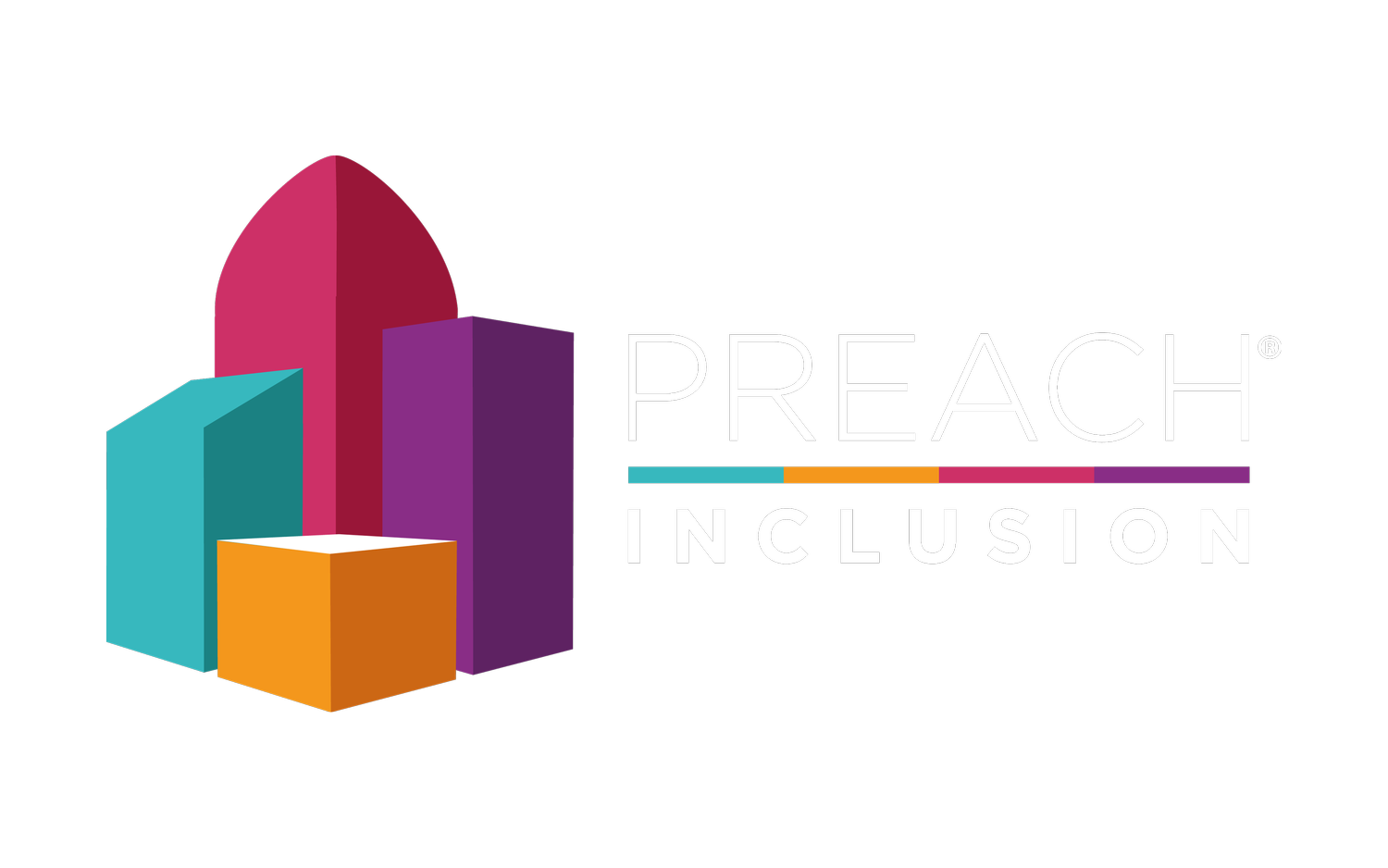Islamophobia Awareness Month – how you can make a difference
Islamophobia Awareness Month (IAM) occurs in November and is a campaign founded in 2012 by a group of Muslim organisations. It aims to showcase the positive contributions of Muslims as well as raise awareness of Islamophobia in society. This year, as we mark 10 years of IAM, the theme is #TacklingDenial. The denial of Islamophobia can be seen in many forms in both political and social spaces. Why is tackling denial important? Because if you allow people to deny the very existence of Islamophobia, how can we begin to have a sensible conversation about it and therefore tackle this problem? Denial simply shuts down this conversation.
In this blog, we discuss the many types of Islamophobic behaviours which can occur within the workplace and how you can take a stand to make your Muslim colleagues feel more included and comfortable.
To begin, it’s so important we define Islamophobia:
“Islamophobia is rooted in racism and is a type of racism that targets expressions of Muslimness or perceived Muslimness.” - APPG on British Muslims
There are many types of Islamophobia, such as verbal and physical attacks, which are frequently reported in the media. But this is only the tip of the iceberg, and the majority of Islamophobic traits are less visible, such as discrimination, stereotypes, exclusion and marginalisation, often issues which can occur in the workplace.
Research by MEND (Muslim Engagement and Development), a charity that seeks to tackle Islamophobia in the UK, found that those who appear visibly Muslim, such as women who wear the hijab or niqab, are likely to be targeted with both overt and covert forms of Islamophobia.
Often, we don’t realise the hidden forms of Islamophobia that takes place in the working environment. Here’s some examples:
- Making assumptions about religious festivals, such as Ramadan and Muslim’s who are fasting, not fasting and choosing not to fast.
- Refusing flexible working and annual leave requests during religious festivals.
- Not providing a safe space for prayer but then asking for workers to return to the office.
- Treating someone differently and discriminatory because they wear a headscarf or niqab.
- Only holding drinking socials and thereby indirectly excluding some Muslim colleagues from taking part, who may feel uncomfortable in attending these events.
- When holding team meals, you feel that providing Halal food is an inconvenience.
While many companies have made progress in policies and events for their Muslim employees, there is a still a long way to go in ensuring a truly inclusive and Islamophobic-free workforce. An article in The Independent last year talked about the negative experiences of Muslim women in society and how they are frequently targeted and treated differently for their beliefs. One lady stated:
“I conformed, and I fitted in. I drank alcohol, I dressed the way everyone else dressed. But as soon as I put the hijab on everything changed.”
Without realising it, many people are unconsciously bias towards Muslim individuals, impacting their career progression, mental health and day-to-day interactions.
How you can make a difference
So, what can you do to ensure we are #tacklingdenial about Islamophobia and ensuring your Muslim colleagues feel welcomed and included.
- Education over ignorance. Like with most things, we truly believe in the power of education. A large part of this is learning about Islam, the festivals, the principles and how this guides someone’s appearance and values, such as not drinking alcohol. Be curious, but not ignorant. After all, you can find out anything on Google.
- Diversify your social events. Not all socials have to be centred around drinking. This not only alienates some Muslims but pretty much anyone who doesn’t drink or who feels uncomfortable around alcohol.
- Provide a quiet and private space for prayer. This is particularly important if you have a working policy swayed more towards being in the office. Ensure the prayer room is labelled clearly and isn’t changed into a meeting or other type of room at short notice.
- Respect flexible working requests. Be sure to honour and allow more flexible working during certain religious periods, such as Ramadan, where fasting patterns require more flexibility.
- Invest and act on anti-racism/Islamophobic training. Often being on the EDI journey is recognising that ‘you’ve not cracked everything’ and that there’s still a long a way to go. Accept that there may be times when uncomfortable training, such as anti-racism, may be necessary to help understand unacceptable behaviours.
We’ve discussed many of these areas before, take a look at our Ramadan blog for more specific support during Ramadan and our Inclusive actions blog about other measures to implement and create a more comfortable working environment.
According to data from the Office of National Statistics (ONS), in 2018, there were nearly 3.4 million Muslims recorded in the UK, making up around five per cent of the total 67.2 million population. This is no small figure and in order to reduce Islamophobia in the UK, more work needs to be done in workplaces to include our Muslim colleagues and ensure they feel safe and comfortable.
To speak to BAME in Property about our inclusion policies, please email hello@bameinproperty.com.
